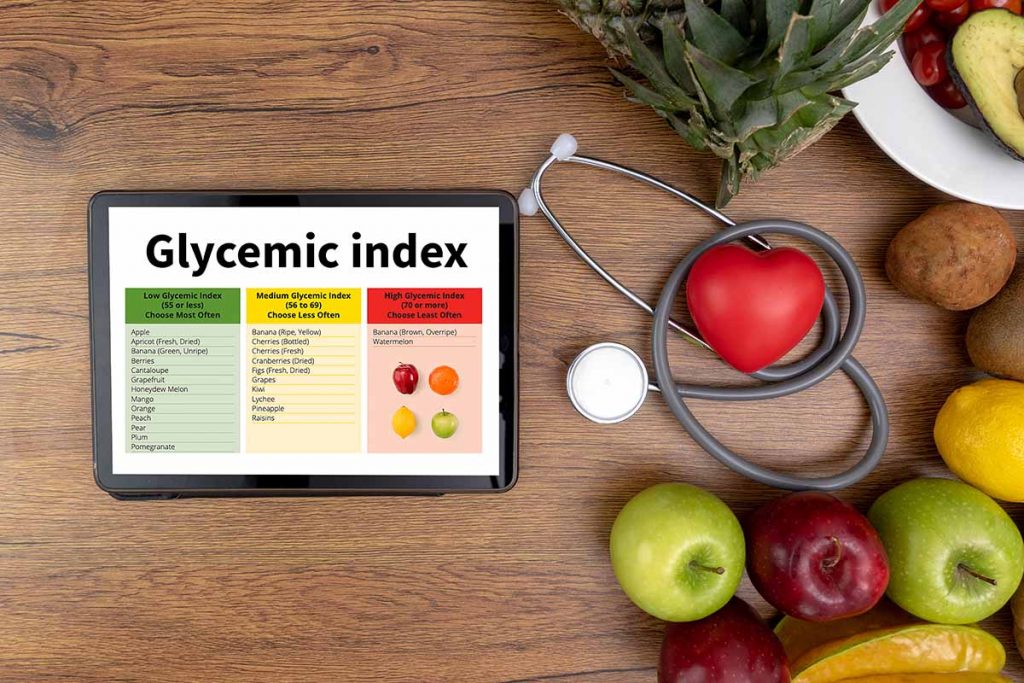Clinical Diet Services

Clinical Meal Plans for Every Case
The relationship between human beings and food is inextricably linked and under constant observation and study since the ancient times.

Human beings have learnt with the passage of time that nutrition plays a crucial role in life and can influence health and longevity, both positively and negatively. Now we know that bad nutrition is a determinant factor in the development of chronic and acute medical conditions and diseases, such as diabetes mellitus, cardiovascular diseases and cancer. To the contrary, it has been demonstrated that the careful selection of the foods we consume improves quality of life, as it prevents diseases, while reducing morbidity, the need for hospitalization, as well as mortality.
Nevertheless, the selection of good or bad foods for just one day has only minimal effects on health; but when sticking to certain nutritional habits for years or decades, they can be either rewarding or disappointing.
Exceptions also apply in this general rule. While some people are more vulnerable and more “asthenic”, having to follow a stricter diet, other individuals are not affected so much by their nutritional choices. However, the proportion of the said “resistant” organisms is low. In the majority of people, nutrition determines largely the course of their health.
That being said, nutritional choices are not always made with the aim to provide our body with nutrients, but also for pleasure. This means that the challenge is to find the balance between quality and taste.
To consider our nutrition as beneficial, it should provide the appropriate proportions of macronutrients and micronutrientsto the body, as well as adequate hydration to cover its needs from the right sources. Macronutrients (carbohydrates, protein and fat) provide the required energy for the cellular processes required for everyday functioning. Micronutrients (vitamins and trace elements) are essential for growth, metabolism and normal functioning.


Healthy Diet
Healthy diets that are based either on tradition (Mediterranean diet) or on planning include higher quantities of foods of natural origin and lower quantities of products of animal origin, especially fats and processed meats. These nutritional standards reduce the risk of irreversible diseases.
The science of Clinical Dietetics focuses on nutrition, malnutrition, metabolism and their effects on health and disease.However, there is a field of particular attention: bad nutrition, i.e. the lack or excess of energy and nutrients, which have adverse physical and clinical consequences.
Malnutrition can cause a wide range of problems:
disturbance of fetal and infantile development;
reduced immune response, making the organism vulnerable to infections and diseases;
reduced muscular strength and fatigue, leading to falls and reduced ability for activities and self-care;
reduced strength of the respiratory muscles;
inactivity (with very serious consequences for life itself);
reducedthermoregulation;
delayed wound healing; and
reduced psychosocial functioning.
All of these consequences explain why malnourished people are likely to consult physicians of various specialties when seeking for treatment, because they are likely to experience various nutrient deficiencies that affect multiple systems of the body.
Inadequate nutrient intake, however, may not be a consequence of poor nutrition, but of inability to absorb the nutrients, due to a disease (e.g. Crohn’s disease). In such cases, nutrition should be necessarilymodified, both from that of healthy individuals and for the patient himself/herself at different times, depending on the intensity of his/her symptoms. Moreover, there are temporary gastrointestinal problems and chronic diseases that are responsible for individual nutrient deficiencies and require a special diet to achieve balance.
On the other hand, the oversupply of certain nutrients, both macronutrients and micronutrients, has also negative consequences on health. Excessive amounts of vitamins (micronutrients) can cause ophthalmological and gastrointestinal disorders, dermatological and neurological problems, genetic abnormalities, kidney and liver damage, muscle weakness, reproductive system disorders, dehydration, etc.


On the other hand, the oversupply of certain nutrients, both macronutrients and micronutrients, has also negative consequences on health. Excessive amounts of vitamins (micronutrients) can cause ophthalmological and gastrointestinal disorders, dermatological and neurological problems, genetic abnormalities, kidney and liver damage, muscle weakness, reproductive system disorders, dehydration, etc.
These non-transmissible diseases (cardiovascular diseases, cancer, obesity, etc.) are among the leading causes of death and disability worldwide. This is the reason why the World Health Organization recommends to balance the energy intake, to limit saturated and trans fats and prefer consuming unsaturated fats, increase the intake of fruits and vegetables, and limit the intake of sugar and salt, so as to reduce these diseases.
It is also worth noting that nutritional needs vary among different people, depending on the age, physical condition and health. For example, protein needs differ between healthy and active adults, who do not need to alter their body composition, and bedridden patients. Similarly, healthy children have greater needs for energy and nutrient intake, as they are constantly growing.
Furthermore, Clinical Dietetics focus on the interaction among nutrients and on finding solutions to achieve a harmonic balance in the body. This interaction, which in some cases concerns the enhancement of a nutrient’s absorption by another one (glucose/sodium, calcium/vitamin D), while in other cases it concerns its prevention (iron/calcium), can occur during the phases of their absorption, metabolism or elimination.
It is thus essential to consume all nutrients at the right amounts and proportions to avoid as well as to treat certain diseases.
The clinical nutritionists at Myflex, with additional studies and knowledge in the management of a wide range of nutritionrelated diseases, provide support to the patients but also to people who want to maintain their good health state, always guided by the most up-to-date and good practices that are based on the latest scientific data.

A person who has to avoid specific foods due to a health issue follows a clinical diet.
People who have heart diseases and diabetic patients must follow a clinical diet. The former patient type should avoid fried foods and salt while the latter one should not eat sweets and a lot of carbohydrates.
Each clinical diet is adapted to the needs and the issues of a particular body. Therefore, a personalized clinical diet should not be followed by random people.
Clinical diets restrict and make life difficult for many people, but the nutritionists at MyFlex always have an ace up their sleeve as they can prove that healthy eating can be astonishingly delicious.